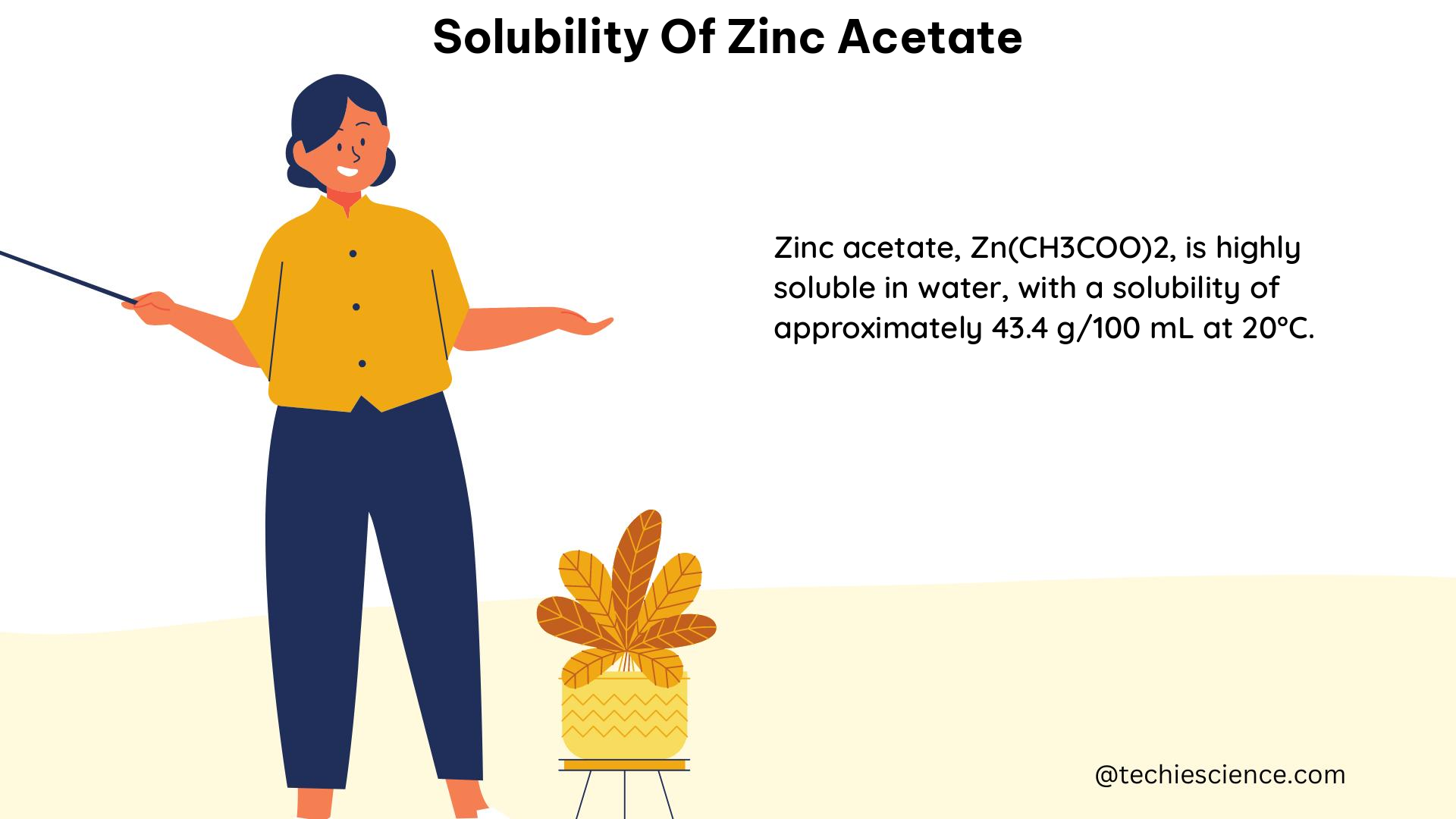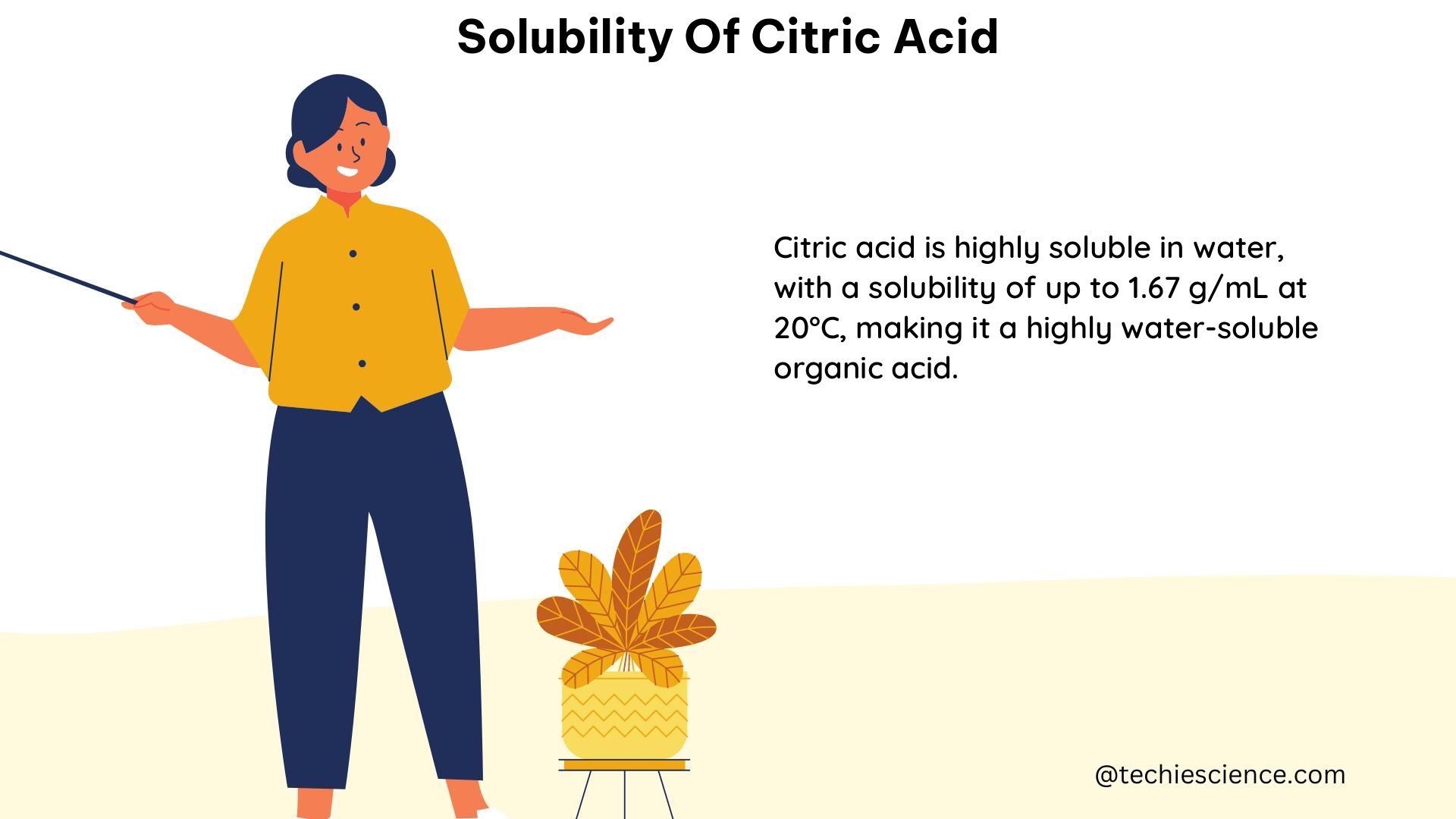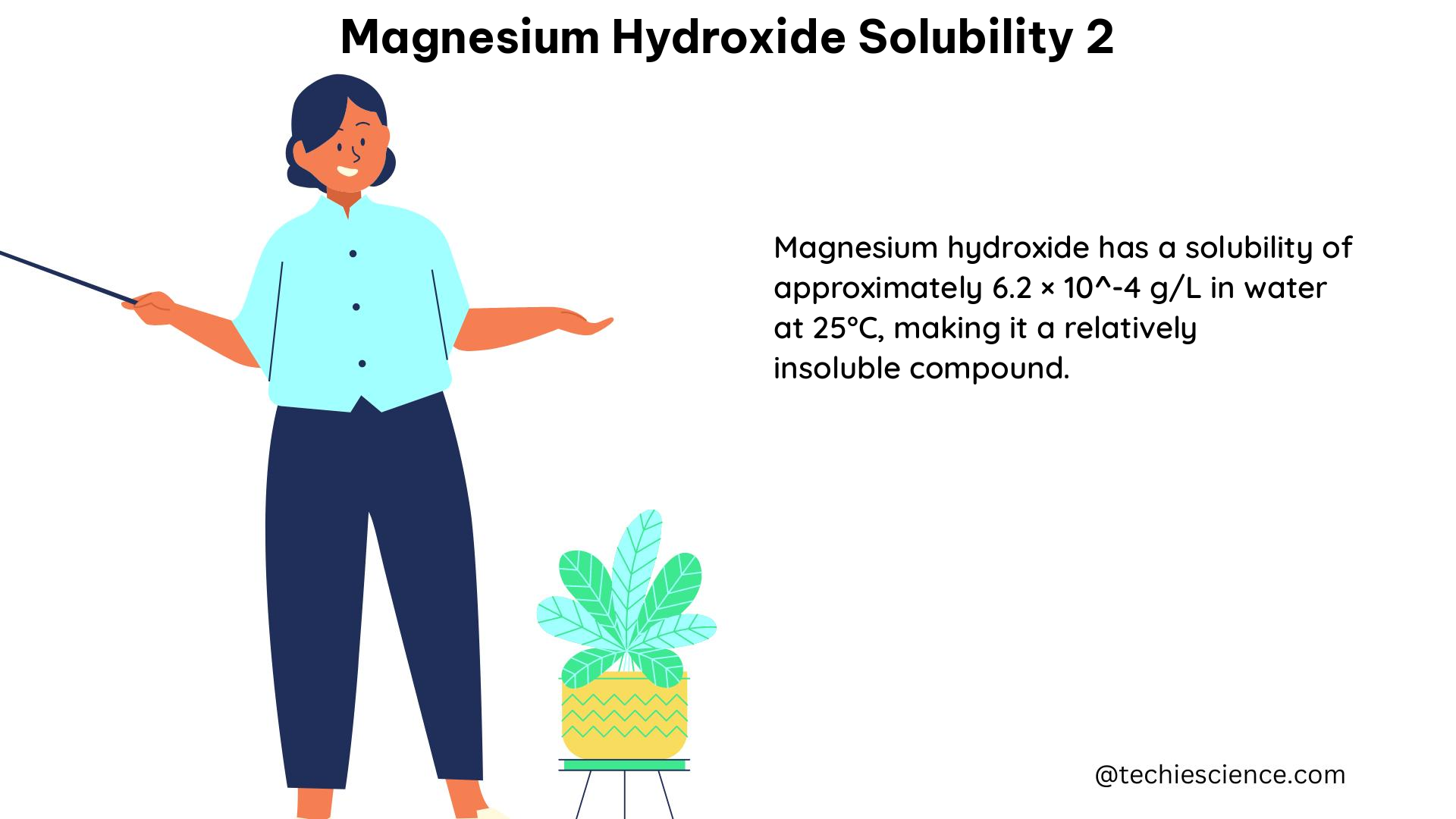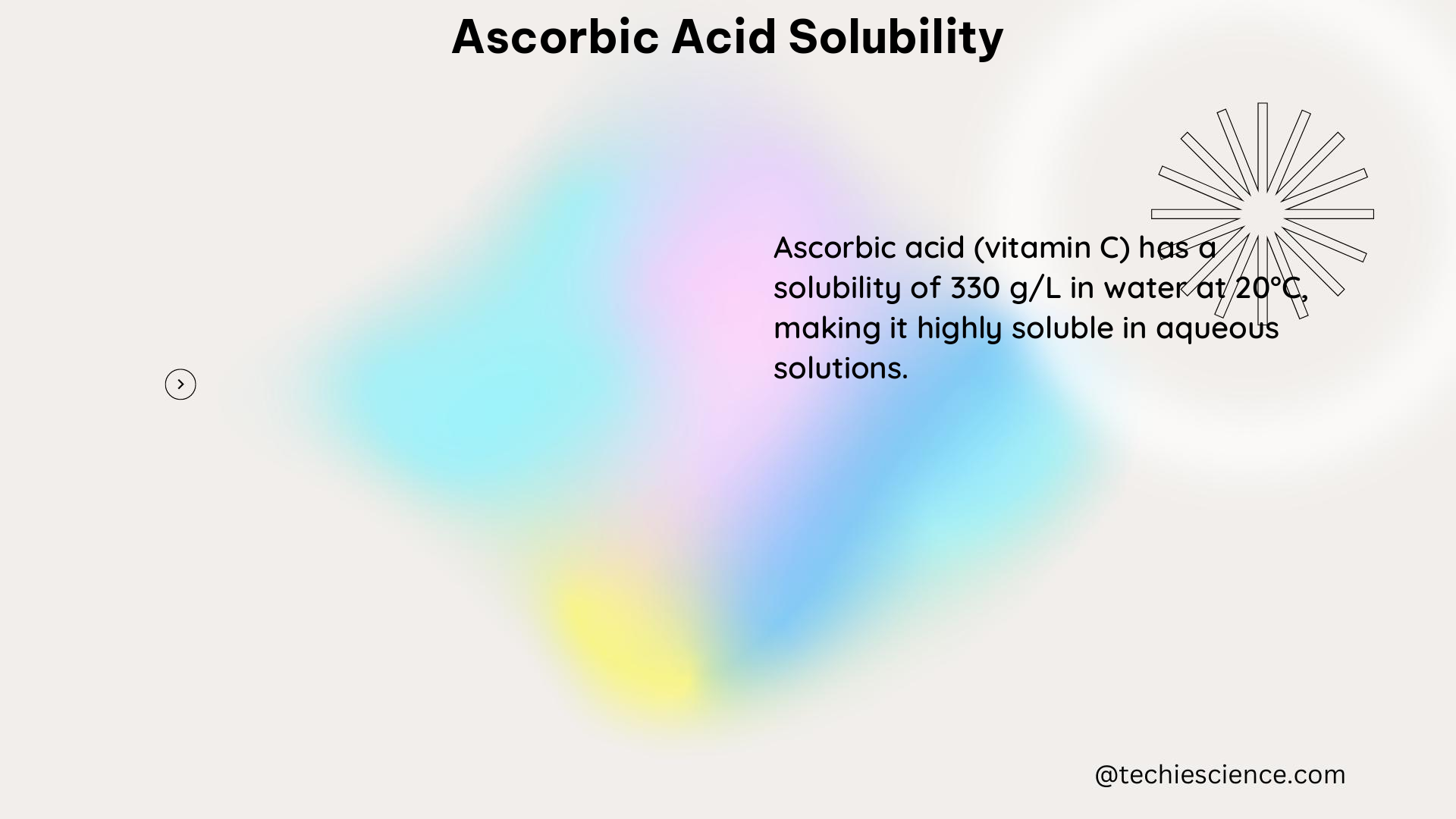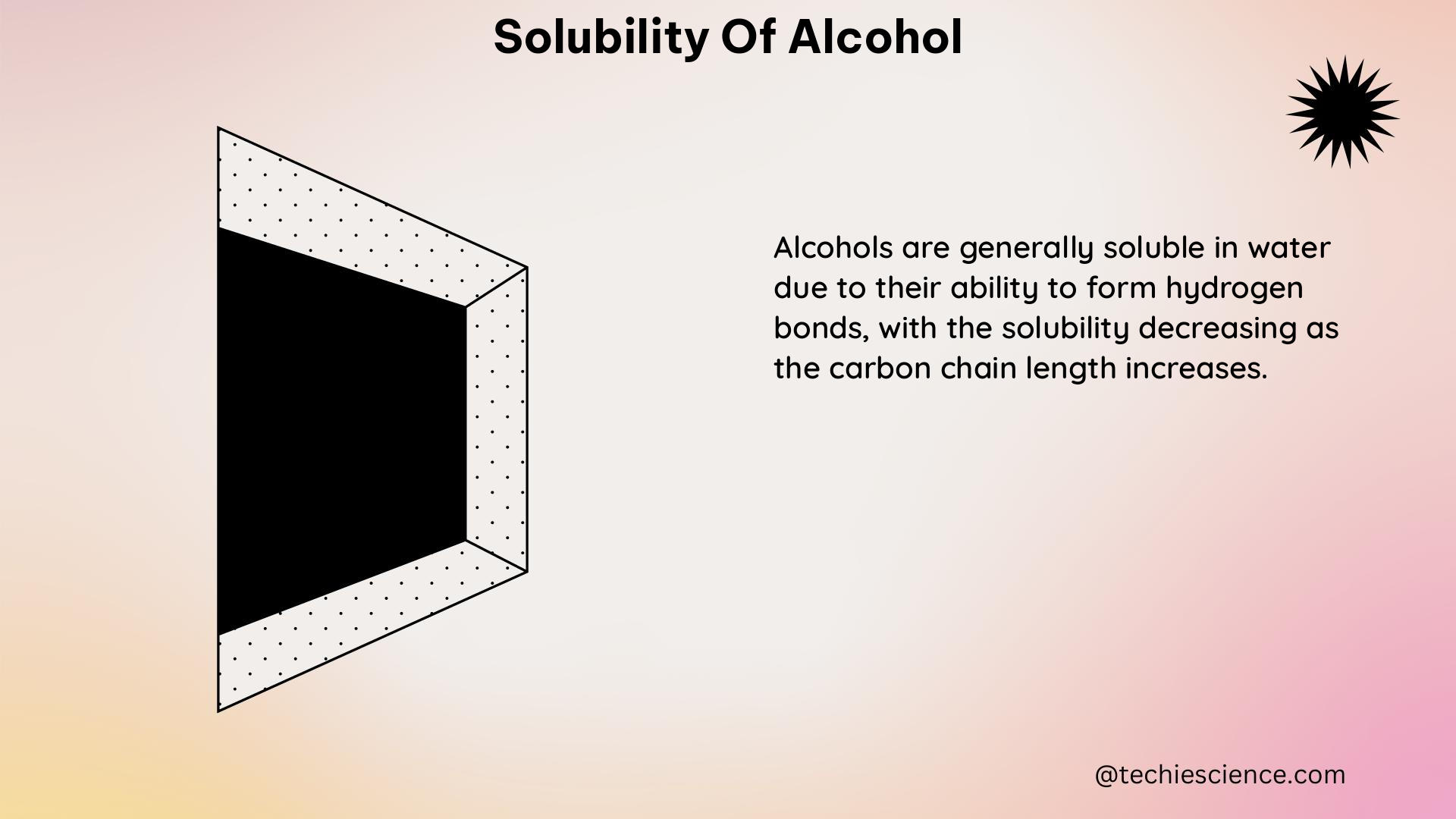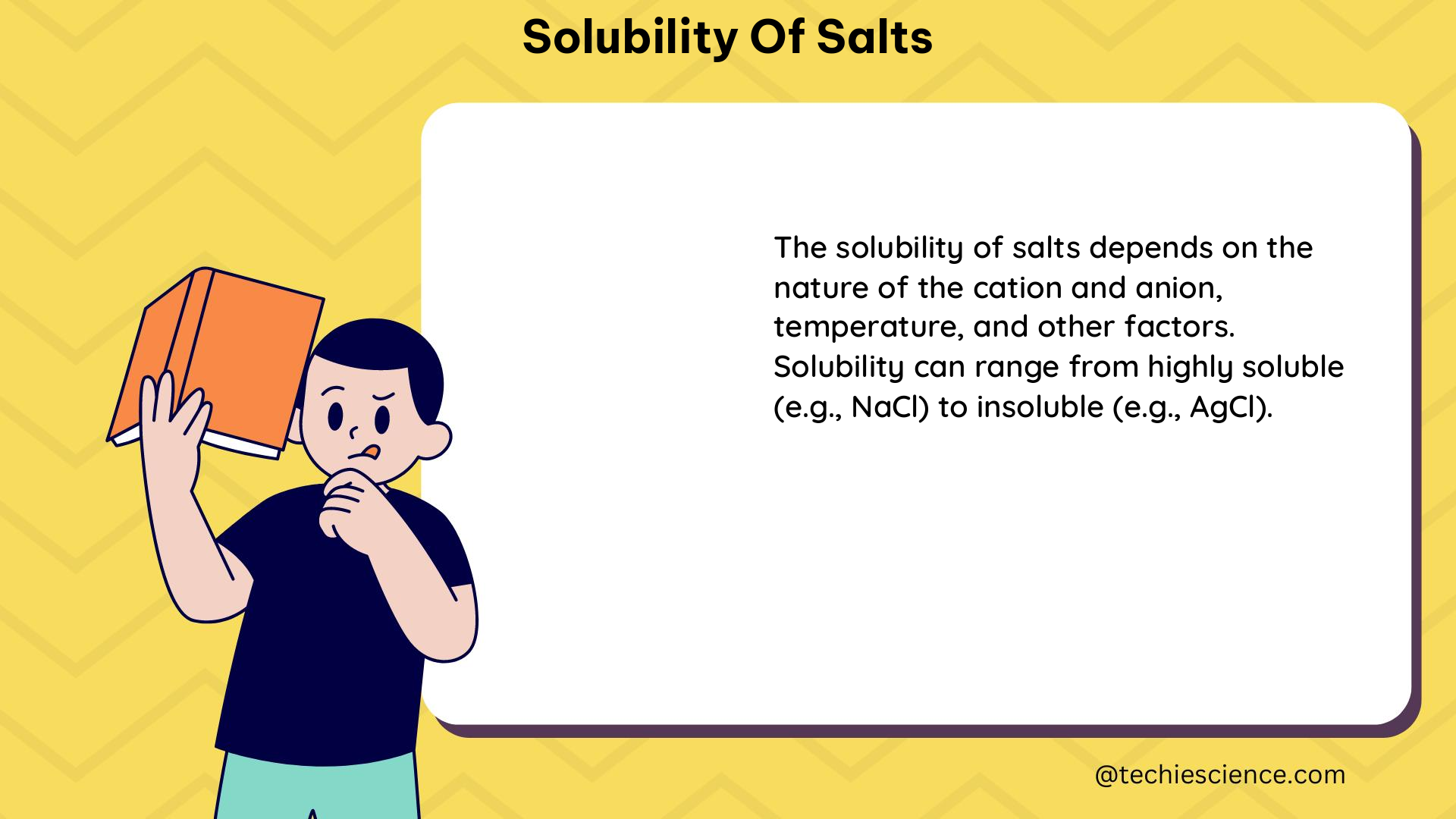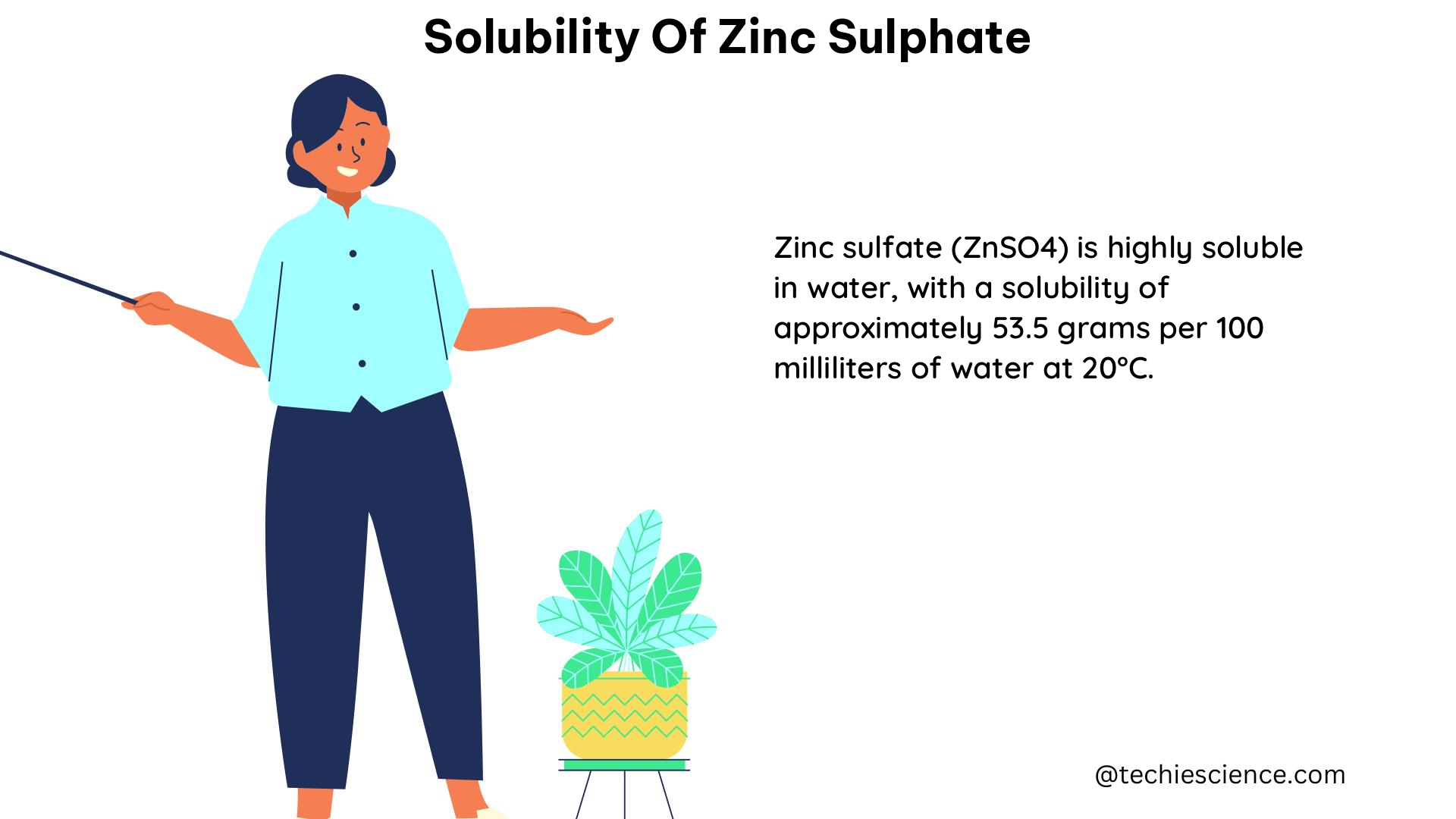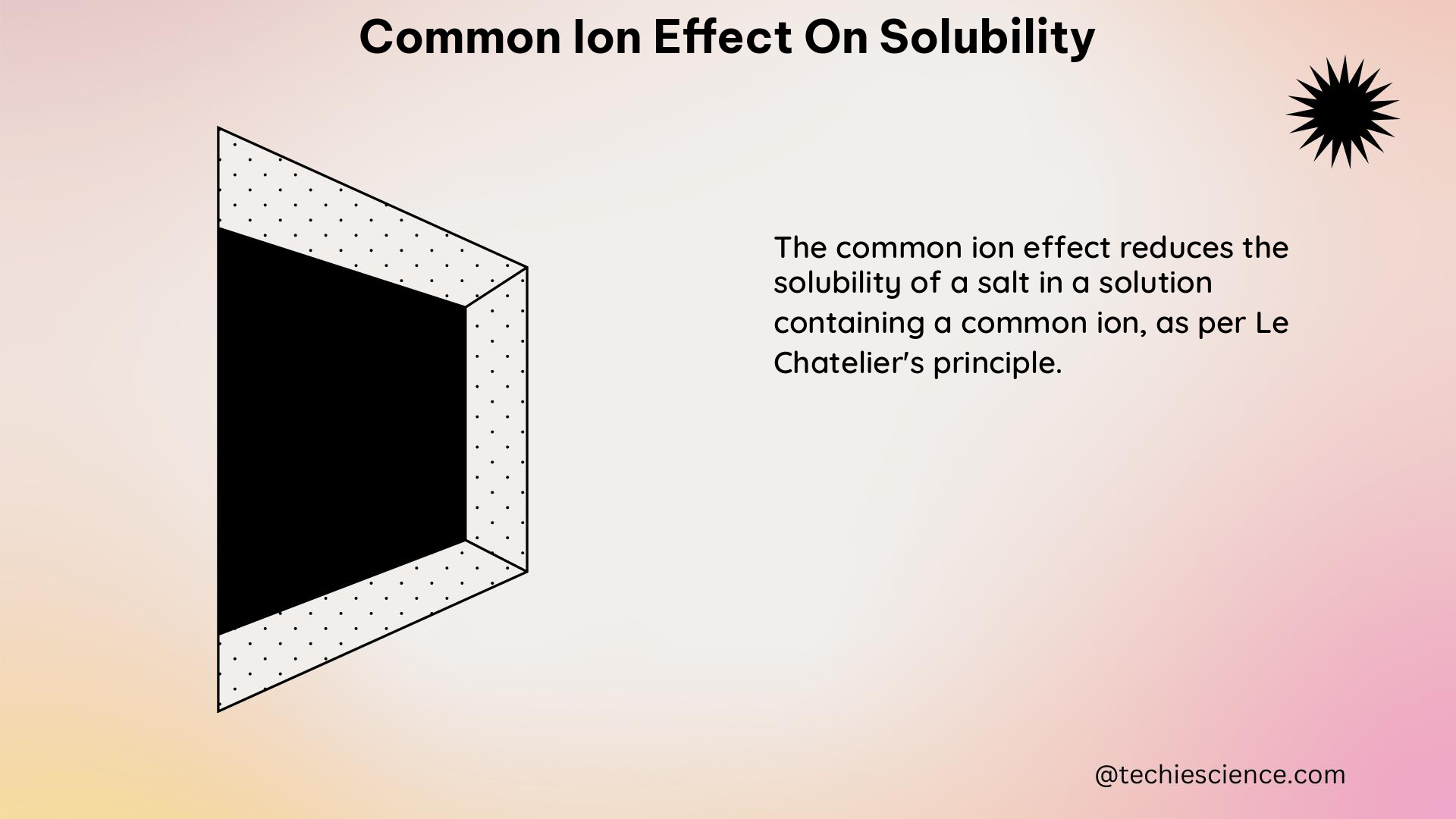The Comprehensive Guide to the Solubility of Zinc Acetate
Zinc acetate, a versatile chemical compound, has garnered significant attention due to its diverse applications in various industries, from pharmaceuticals to electrochemical systems. Understanding the solubility characteristics of zinc acetate is crucial for optimizing its performance and ensuring its effective utilization. This comprehensive guide delves into the intricate details of zinc acetate solubility, providing a … Read more
